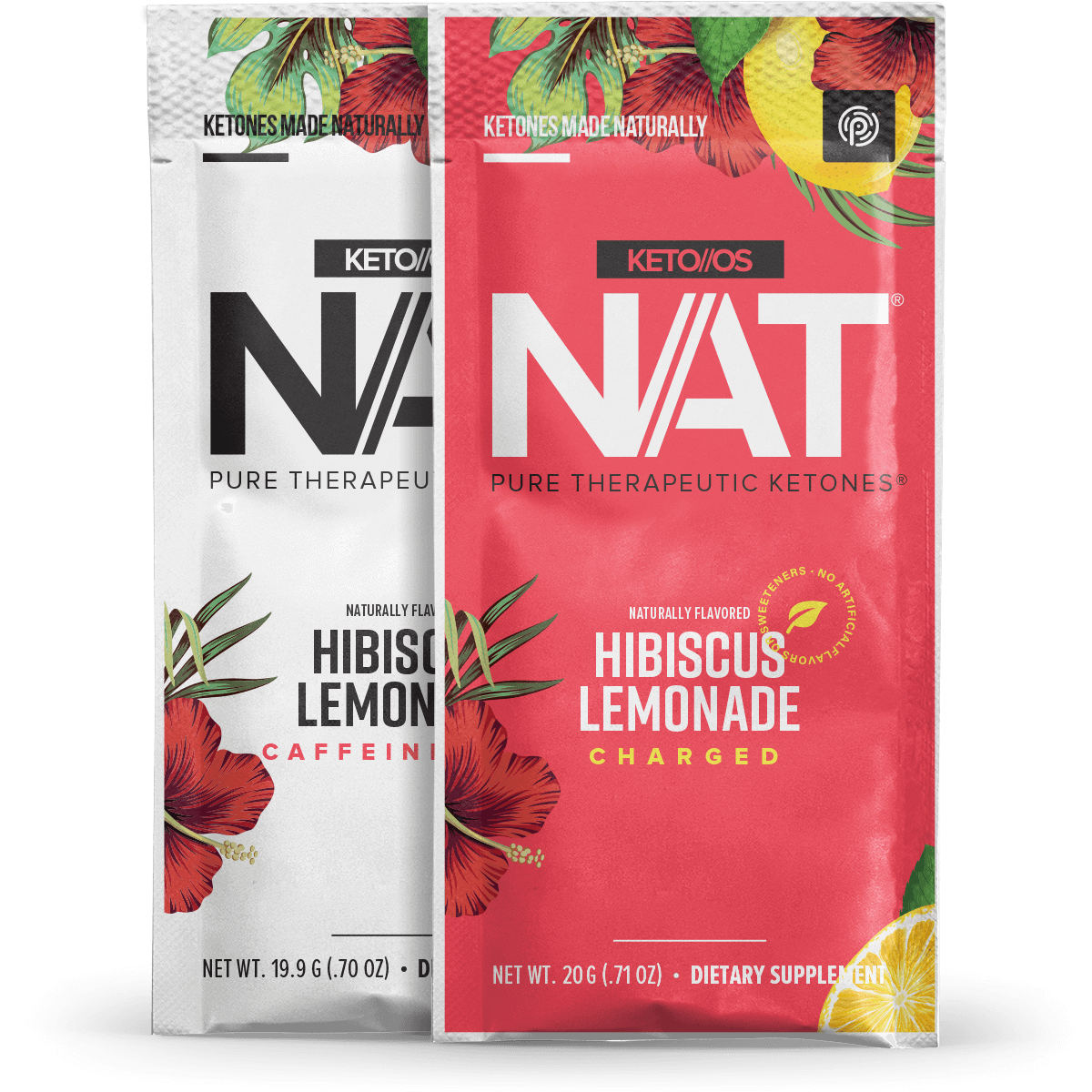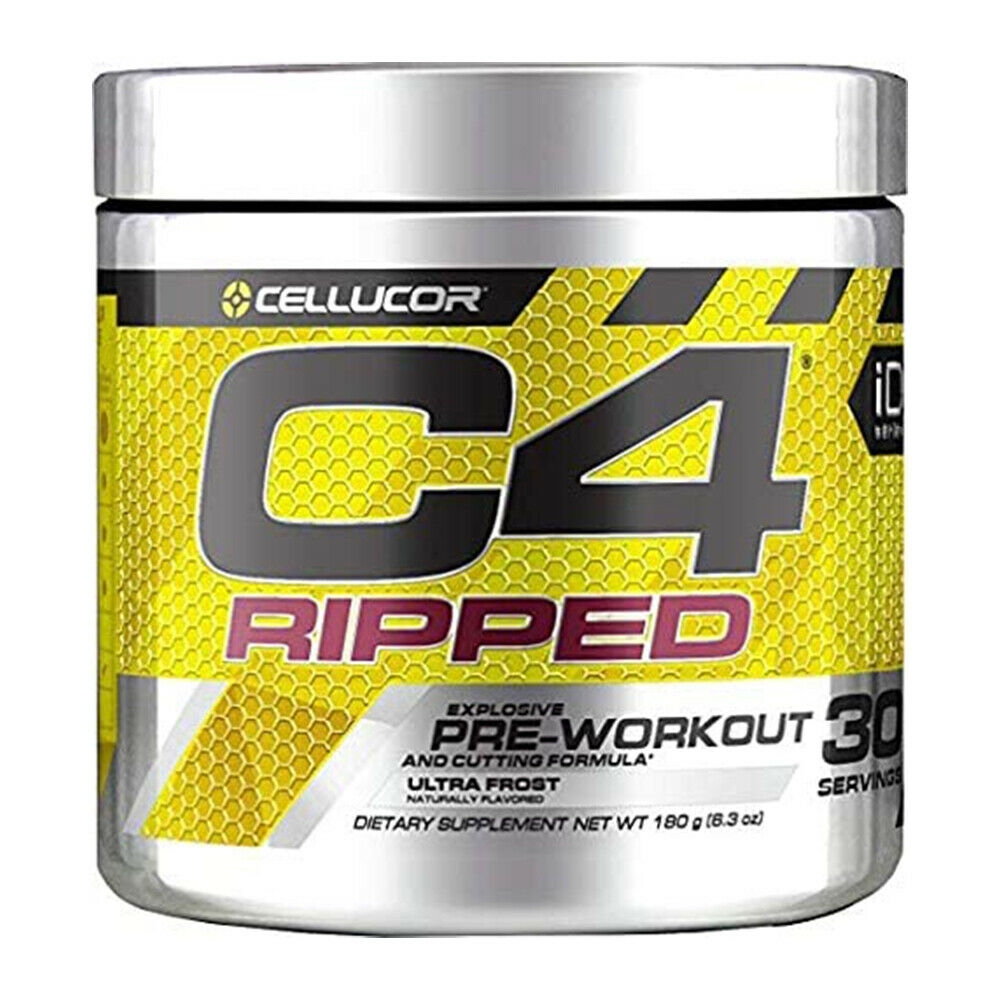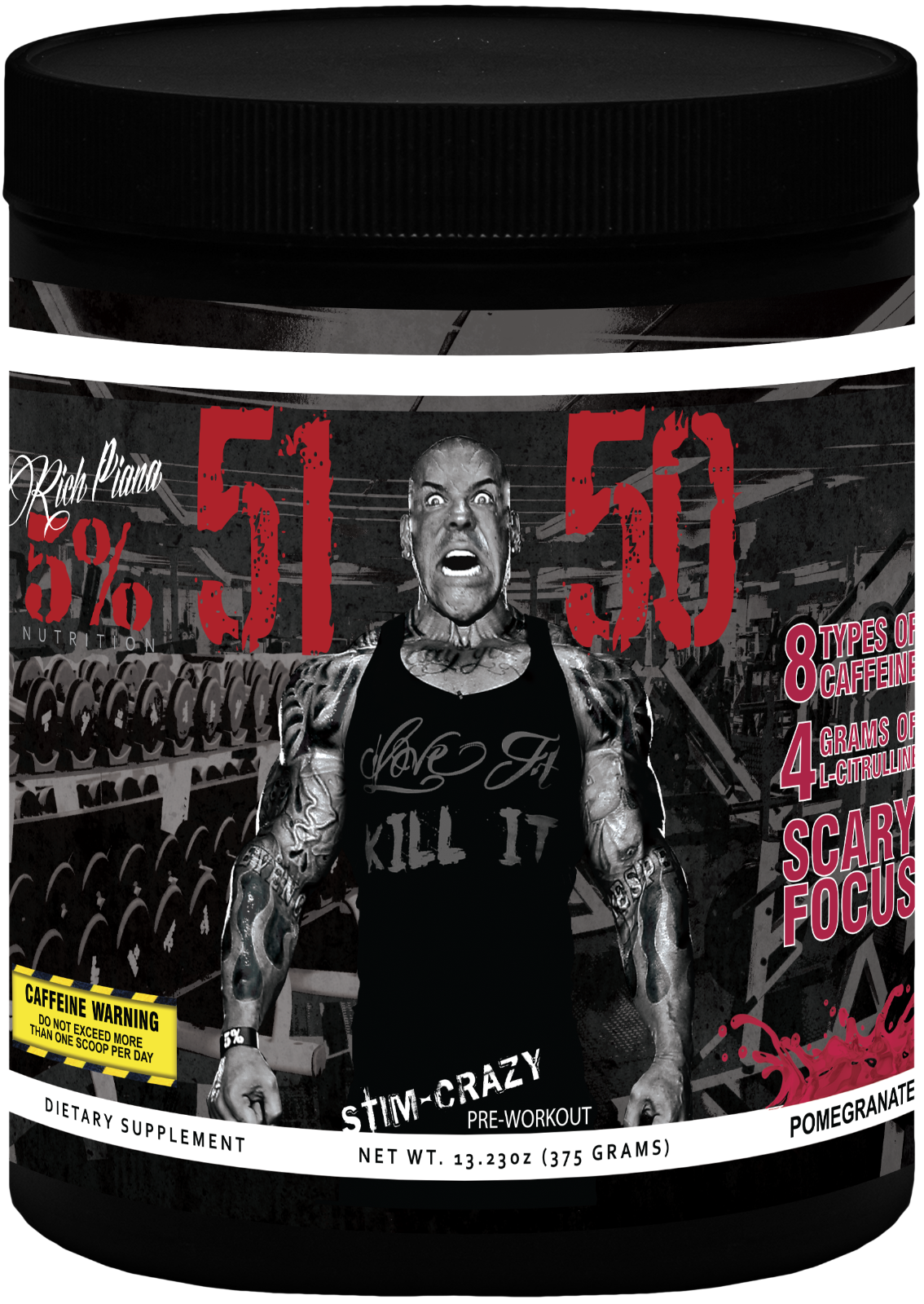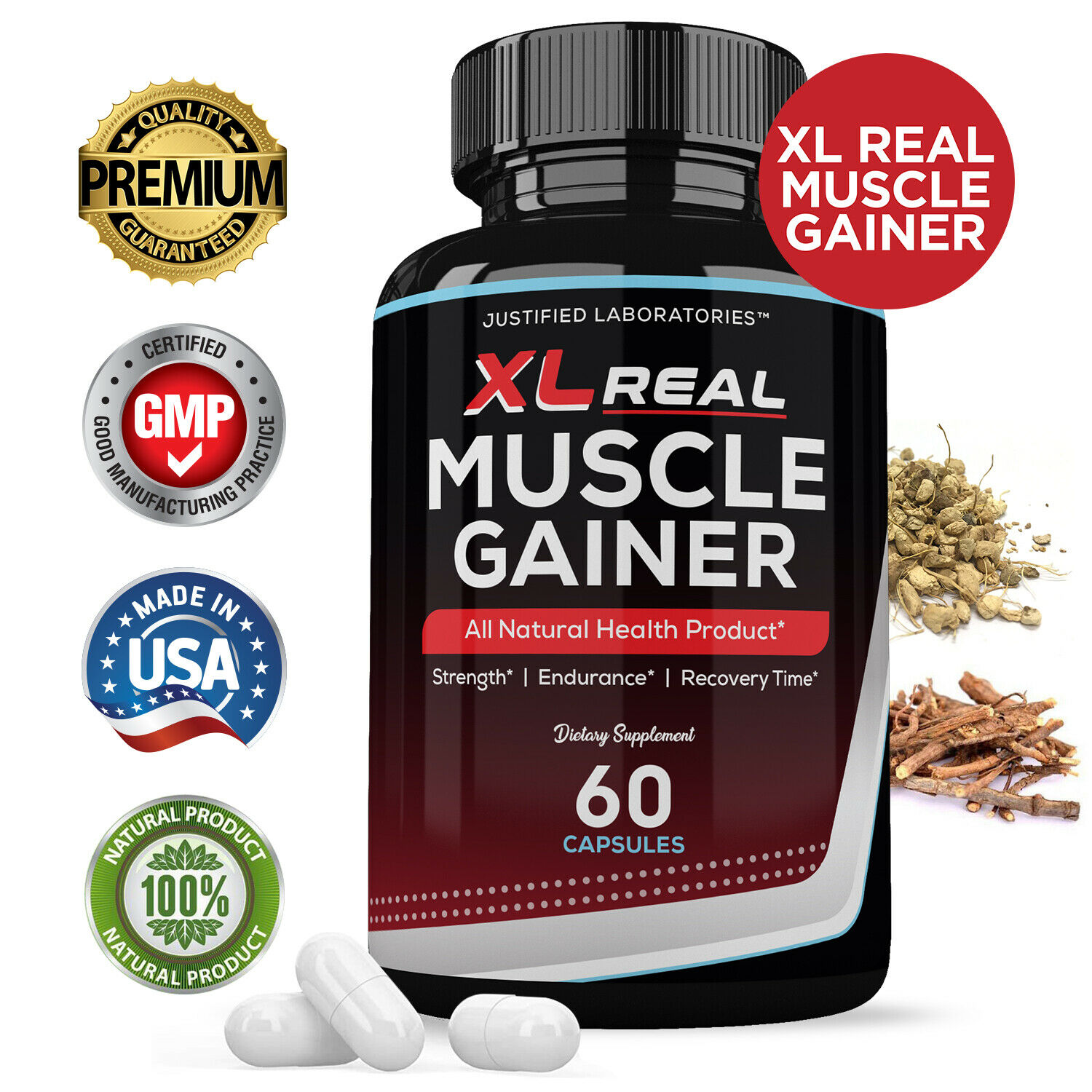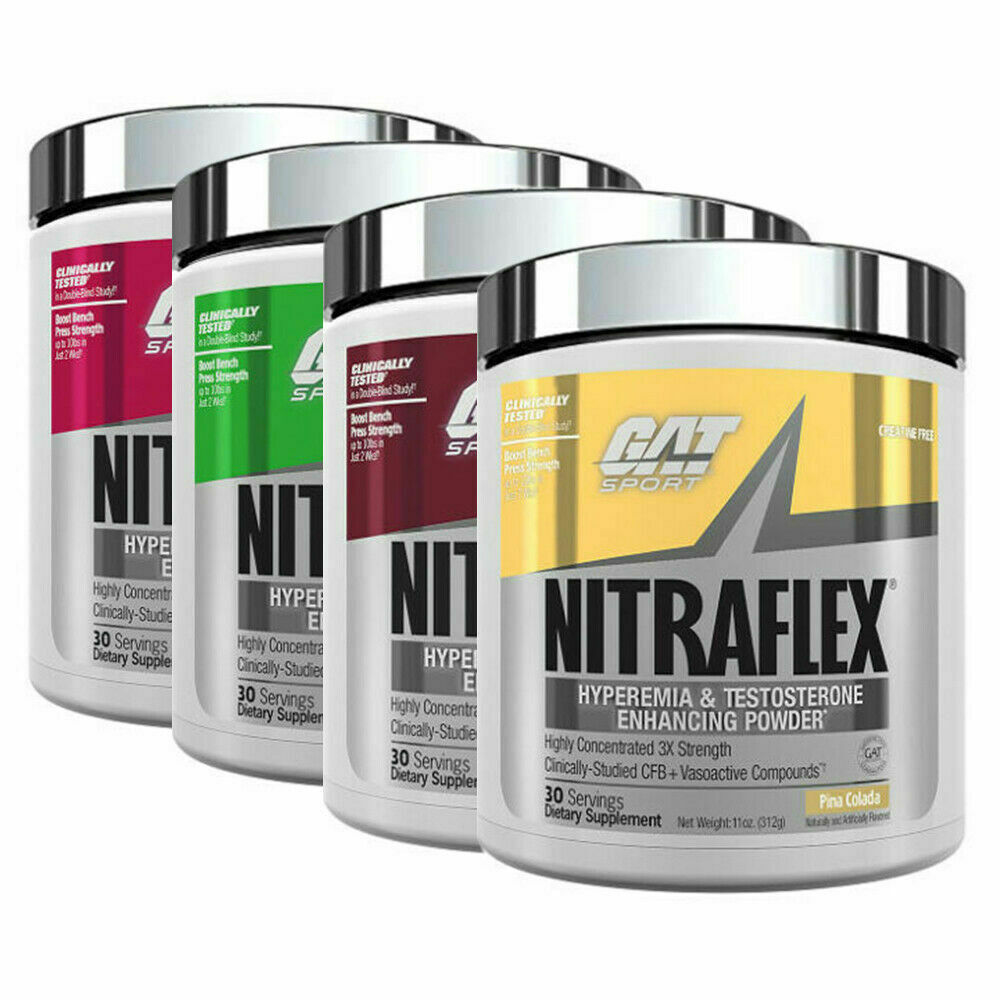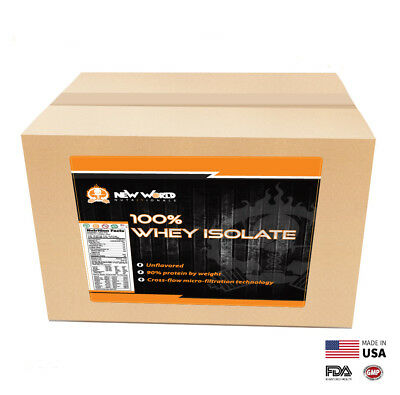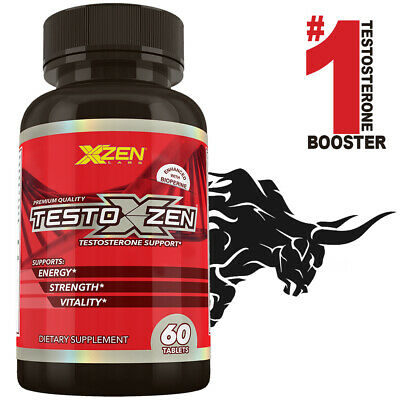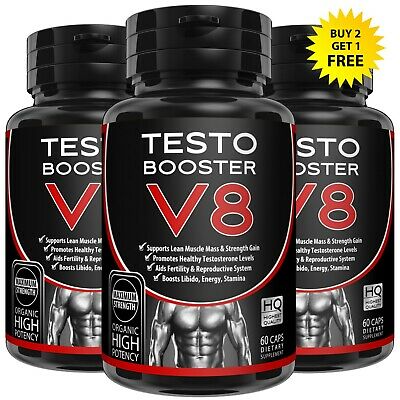-40%
100% PURE ORGANIC CISTANCHE TUBULOSA 10:1 EXTRACT POWDER 100 grams
$ 15.3
- Description
- Size Guide
Description
100% PUREORGANIC
Cistanche Tubulosa
HIGH POTENCY 10:1
Extract Powder
The active ingredients isolated from Cistanche include iridoid and phenylpropenoid glycosides, such as acetoside (also called verbascoside, named for Verbena, from which it was first isolated), echinacoside (also found in the Western herb echinacea), and cistanoside (named for cistanche). The active constituents of cistanche are quite similar to those of another kidney tonic, rehmannia, which is a yin nourishing tonic. In fact, all three of these glycosides are also found in rehmannia, along with its primary iridoid glycoside, catalpol. Rehmannia and cistanche are both rich in sterols, such as daucosterol and sitosterol. Thus, it could be that the "gentle" nature of cistanche as a yang tonic is due to having ingredients that also nourish yin.
TRADITIONAL USES
The uses of cistanche have evolved over nearly 2,000 years. Cistanche was described in the oldest surviving herb classic,
Shennong Bencao Jing
(ca. 100 A.D.), as follows:
Cistanche is salty. It mainly treats the five taxations and seven damages, supplements the center, eliminates cold and heat, nourishes the five viscera, strengthens yin, and boosts essence qi.
Although classified as salty, cistanche actually has little salty taste and is somewhat sweet and slightly bitter. The "five taxations and seven damages" refer to an ancient concept for adverse influences that serve as a basis for deficiency of fluid essences (deficiency of blood, yin, jing); there can be several causes including genetic problems and the effects of debilitating diseases. As a tonic, cistanche is mentioned here as supplementing the center (stomach/spleen), nourishing the five viscera (five zang organs), strengthening yin, and boosting the essence.
Cistanche is not frequently included in ancient formulas. It mainly appears in large tonic formulas that were described during the Ming Dynasty or later. One of the oldest formulas containing cistanche that comes down to us today is a 14-herb combination called Huan Shao Dan (Youth Returning Pill), designed to restore kidney essence and, thereby, help restore youth and prevent further degeneration with aging (2). Its origins are obscure and attributed to various authors, dating back to the Song Dynasty or earlier. It is today sometimes called Lycium Formula, used in Japan and Taiwan as a tonic for kidney deficiency syndromes. Using today's classification of herbs in the Chinese Materia Medica, only three of its ingredients are yang tonics (cistanche, eucommia, and morinda) that might be directly associated with the modern approaches to treatment based on using multiple yang tonic herbs.
One of the Ming Dynasty formulas with cistanche-and one of the few in which it is a main ingredient-is Bushen Cishi Wan (Magnetite Pill for Nourishing Kidney) from
Shenshi Yaohan
(
Precious Book of Ophthalmology
) by Fu Renyu published in 1644 (the last year of the Ming Dynasty). The formula is a pill comprised of equal parts of five herbs: cistanche, cuscuta, magnetite, chrysanthemum, and haliotis. This text also yielded the better known vision formula Mingmu Dihuang Wan (Rehmannia Pill to Brighten the Eyes), which similarly includes the eye nourishing ingredients chrysanthemum and haliotis.
Thus, in general, cistanche is utilized in formulas for tonifying the kidney and used for disorders associated with aging and decline of kidney essence. Though classified as a yang tonic, it has yin nourishing qualities. These attributes are also associated with cuscuta seed, which is classified with the yang tonics but has yin nourishing qualities and mild action. Cistanche and cuscuta are frequently combined in formulas.
Anti-oxidant properties 15 times greater than resveratrol!
Cistanche tubulosa extract is manufactured in a specially constructed GMP-compliant plant in the oasis region of Hotan in China's Takla-Makan desert. Cistanche tubulosa features in the daily diet of the local population there who enjoy one of the longest life expectancies in the world. Many of them attribute their longevity to regular consumption of Cistanche tubulosa.
The active principles of Cistanche tubulosa extract, echinacoside and acteoside, are phenylethanoid glycosides. Acteoside, a polyphenol, is a powerful antioxidant that is
15 times more active than resveratrol.
PLEASE RESEARCH YOURSELF (USING GOOGLE) FOR ALL THE HEALTH BENEFITS ON THIS EXTRACT
ALL THE BENEFITS INFORMATION HAD BEEN REMOVED (NEW EBAY POLICIES)
Precautions:
Do not exceed the recommended daily dose. This product is a nutritional supplement and should not replace a varied, balanced diet. Keep out of children reach. Store away from direct light, heat and humidity. As with any nutritional supplement, you should consult a health professional before taking this product if you are pregnant, breastfeeding or have a health problem.
These statements have not been evaluated by the Food and Drug Administration. This product is not intended to diagnose, treat, cure, or prevent any disease. Always check with your physician before the use of supplements.

